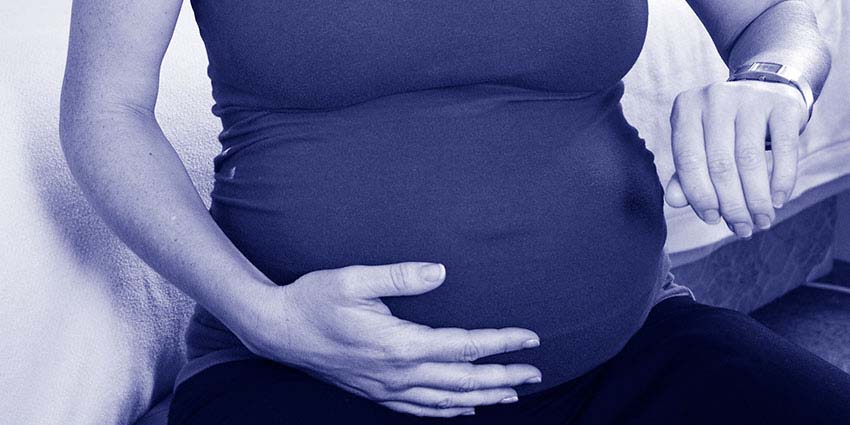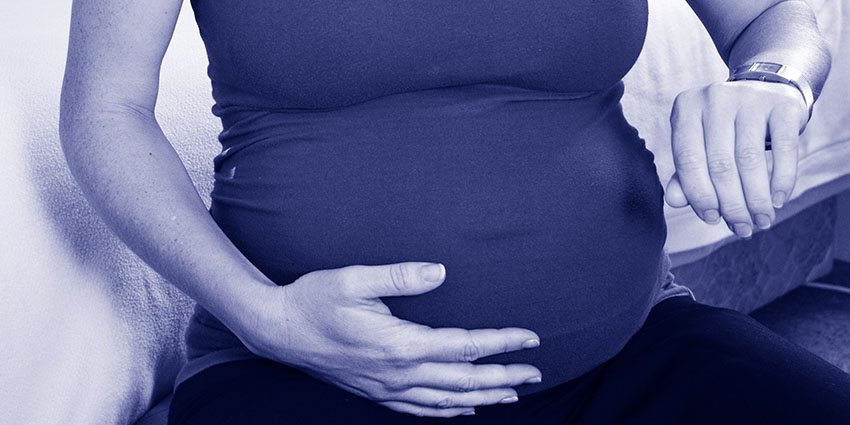As you approach the last few weeks of your pregnancy your body is preparing for the birth of your baby. Although you may have felt minor cramping off and on throughout the pregnancy even since early in the first trimester, this will often increase over the last few weeks. Your uterus is stretching and your baby is rotating into position.
Contractions are the powerful squeezing of the uterine muscles that move your baby down through the pelvis. Days or even weeks before your body goes into labor you may begin feeling minor contractions. These will feel like your belly is intermittently getting tight and you may experience lower abdominal pressure when these occur.
So how will you know if these contractions are “true labor” or “false labor”? A better term than “false labor” could be “pre-labor” because even these minor contractions are doing some very early work like helping move your baby move into position and softening the cervix (the opening to your uterus or womb). Let’s look at the characteristics of an early but true labor pattern.
| Pre-Labor | Early Labor |
|---|---|
| Contractions are irregular and remain fairly similar | Contractions become regular, stronger, closer together, and last longer over time |
| Often are felt in the front as tightening | May start in the front and then move to the lower back as the contraction becomes stronger |
| Feeling of pelvic pressure | Feeling of pelvic pressure intensifies |
| May go away with rest and hydration (water) | Will continue in a regular pattern even if you try rest and hydration |
| May go away with position changes and will not change with walking | Will not go away with position changes and walking may intensify them |
| May be uncomfortable but not usually painful | Become more and more uncomfortable over time |
So the important thing to keep in mind is that true labor is usually a progression. If things are staying pretty much the same, make yourself as comfortable as possible and continue to monitor what your body is doing. Your provider will tell you when he/she would like for your to call them. Of course, if you begin to leak or have a gush of fluid you should call your provider even if you are not having contractions.
Related Posts








